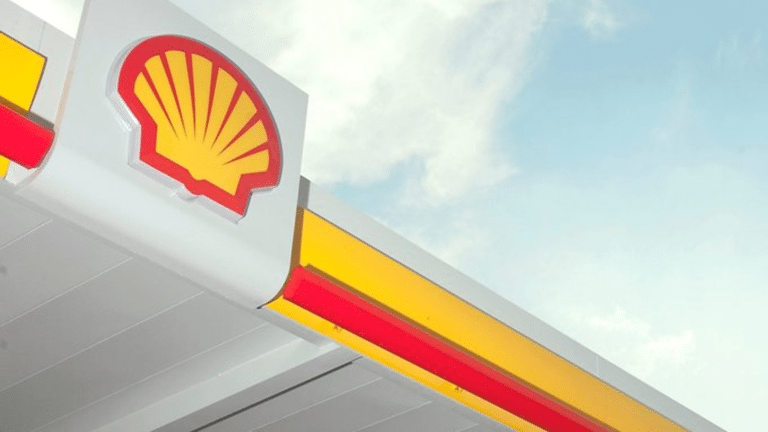Shell Highlights Greater Investment Impact from Trump Tariffs Amid Global Economic Uncertainty

US President Donald Trump’s tariffs are casting a shadow over the global economy, influencing investment decisions more significantly than supply chain costs, according to Robin Mooldijk, president of projects and technology at Shell India. Mooldijk highlighted that while Shell can manage increased supply chain expenses, the real concern lies in how these tariffs alter the business climate and affect investment strategies. He noted that the demand for Shell’s global chemicals business has been impacted, leaving the pace of recovery uncertain.
Challenges of Low Oil Prices
Shell continues to grapple with low oil prices, with crude oil trading below $70 per barrel and forecasts suggesting prices could dip below $60 next year due to an oversupply in the market. Mooldijk stated, “We have an incredibly resilient upstream portfolio,” emphasizing that while low prices are challenging, they do not fundamentally jeopardize shareholder expectations. In India, Shell operates a liquefied natural gas (LNG) terminal in Gujarat, a small fuel retail chain, and the renewable energy platform Sprng Energy. The company employs around 13,000 individuals in India, primarily in Global Capability Centres located in Chennai and Bengaluru. Chennai is home to Shell’s global monitoring center, which optimizes asset management across various locations. Mooldijk explained that this setup allows for better communication and efficiency among assets that are typically spread across different continents. Bengaluru also hosts one of Shell’s three key global research and development hubs, which plays a crucial role in the commercialization of technology.
Focus on Renewable Energy
Shell is actively collaborating with Indian universities and suppliers to develop cost-effective technologies that enhance its competitive edge. Despite some global oil companies scaling back their renewable energy ambitions due to market pressures, Shell remains committed to advancing sustainable energy technologies. Mooldijk remarked, “It’s the market that drives how fast we go,” indicating that while the company is eager to innovate, market demand is essential for the success of these technologies. He also addressed the challenges surrounding green hydrogen, noting that achieving price parity with conventional hydrogen is unlikely within this decade. Currently, green hydrogen is approximately five times more expensive, necessitating significant technological advancements to reduce costs substantially.
Investment Climate and Future Prospects
The uncertainty stemming from tariffs and low oil prices is reshaping the investment landscape for Shell and other companies in the energy sector. Mooldijk pointed out that the primary concern is not merely the cost of projects but whether the changing business climate will influence decisions on whether to proceed with investments. He emphasized that Shell’s presence in India has evolved beyond just cost efficiency, becoming integral to its global operations. The company is now focused on leveraging its Indian workforce and technological capabilities to drive innovation and maintain competitiveness in a rapidly changing energy market. As Shell navigates these challenges, its commitment to sustainability and technological advancement remains a cornerstone of its strategy moving forward.
Observer Voice is the one stop site for National, International news, Sports, Editor’s Choice, Art/culture contents, Quotes and much more. We also cover historical contents. Historical contents includes World History, Indian History, and what happened today. The website also covers Entertainment across the India and World.

